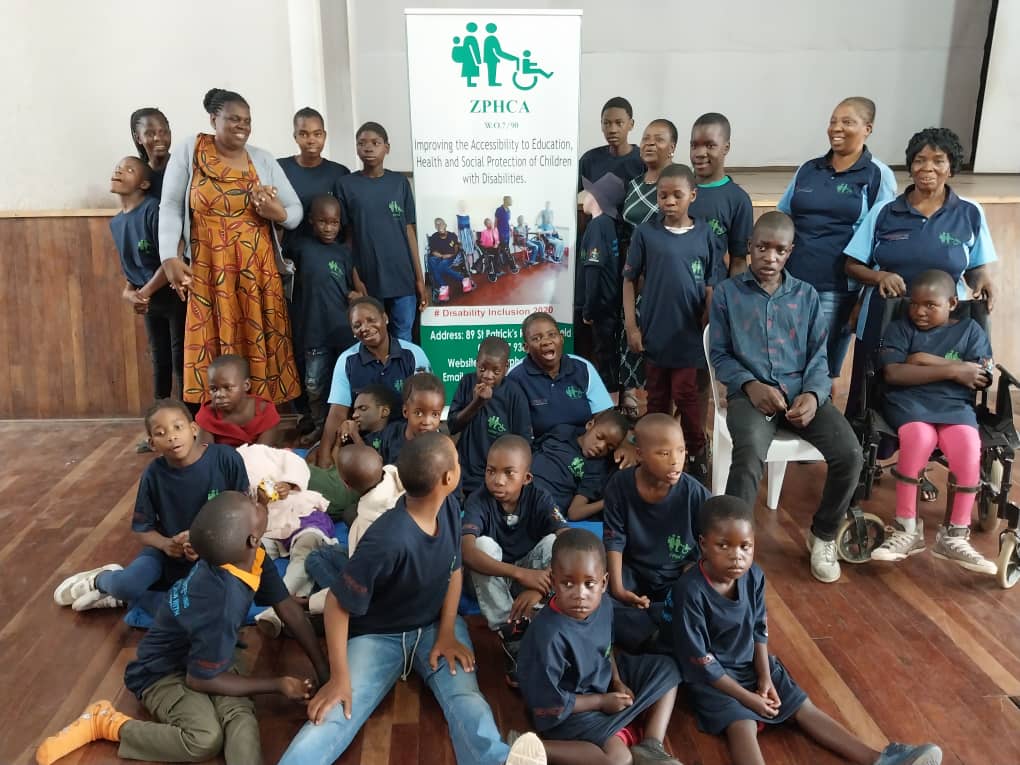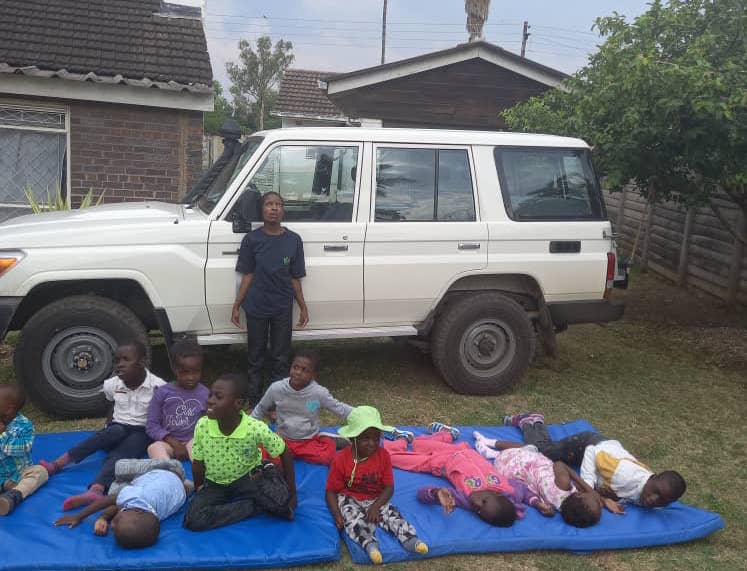|
Getting your Trinity Audio player ready...
|
The Zimbabwe Parents of Handicapped Children Association (ZPHCA) Coordinator, Mrs. Theresa Makwara expressed her gratitude to Miserior for donating a Land Cruiser vehicle to the organisation for the purpose of increasing mobility.
The organization is now expanding to reach out to children with disabilities and their parents in far rural remote communities in Zimbabwe in line with the “Leave no one behind” 2022 disability theme.

Miserior has played a major role in improving the livelihoods of children with disabilities during the COVID-19 pandemic. Over the years and up to now, Miserior has supported the organization with food hampers, assistive devices (wheelchairs), medication for children with disabilities, and sensitization on the rights of children and adolescents with disabilities.
Anjlee Agarwal and Andre Steele in their paper “Disability considerations for Infrastructure Programmes” contend that infrastructure is critical to social functioning with a direct impact on social well-being, earnings, education, and health.
They argue that when infrastructure is inaccessible to any social group, that group is at risk of social exclusion, unable to participate in and contribute to society.
“Transport Infrastructure is critical, as it is the means by which other services are accessed, including health, education, employment, etc. Urban environments without a universally accessible transport system will exclude people with disabilities, marginalising them and breaching their human rights. When considering transport systems, it is important to look at the whole journey from door to door, including the provision of information, the pedestrian environment, and the interchange within and between modes, including both hard (e.g. stations) and soft (e.g. information).
“Failure at any one point in the chain means the whole system fails, including the vehicles and the people who make the system work. This extends to the provision of information, including the information itself. Delivery in multiple modes helps to ensure that people can receive and understand the information they need, even if on their own, whereas any one model of delivery may not be sufficient for all users. The role of the person-to-person interface should not be ignored as people are more flexible than any technology,” they said.






